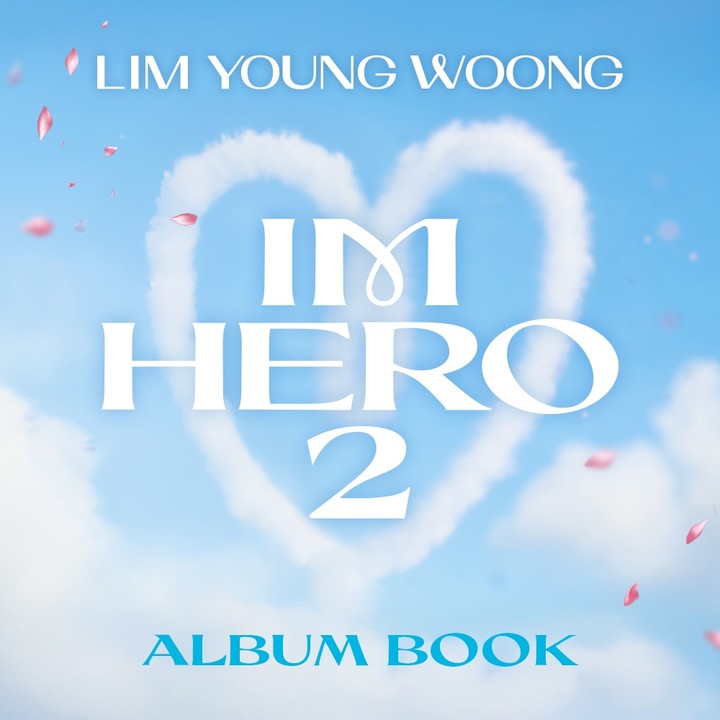K-Topic Details
Lim Young-woong’s Bold Move: Can K-pop Say Goodbye to CDs?

On July 29, a seismic question reverberated through the K-pop industry. Lim Young-woong, ranked among South Korea’s top-selling artists and often dubbed the “Album King,” announced that he would forgo releasing his highly-anticipated second studio album in CD format. His agency cited “environmental protection” as the official reason.
The news sent ripples throughout the industry. While some applauded his “positive influence,” others critiqued the decision as reckless, given the “immense profits” he stands to lose. One thing remains clear: this is not merely a change in distribution format but a courageous act that forces the K-pop industry to confront a structural dilemma it has long ignored.
A Distorted Market: When Albums Lose Their Music
Somewhere along the way, K-pop’s physical albums lost their essence. In an era where most homes lack CD players, the disc—once the focal point of any album—often goes unplayed and discarded. Taking its place are collectible photo cards featuring idol faces and tokens for fan event raffles. Fans, eager to obtain rare cards of their favorites or to boost their odds at fan meetings, buy albums by the dozens or even hundreds.
As a result, K-pop album sales have shattered records annually. Yet behind these numbers lies the shadow of “album waste.” Layers of plastic wrap, thick photo books, and mountains of unused CDs have sparked persistent criticism about their environmental impact. However, the inertia of an industry obsessed with “first-week sales” as a measure of artist success has made this dilemma difficult to solve.
The Most to Lose, the Most Courageous Choice
This is where Lim Young-woong’s decision truly sets itself apart. While some artists have experimented with “platform albums” as eco-friendly alternatives, this marks the first time a star with such overwhelming physical sales power has halted CD production entirely in K-pop history.


He is potentially giving up billions of won in CD revenue overnight. In other words, the very artist who benefits most from this distorted system has chosen to make the greatest sacrifice to change it. His move signals a deeper awareness of K-pop’s abnormal album economy—an understanding that cuts beyond the environmental rationale. Because he had the most to lose, Lim’s decision carries a weight and message far more potent than any slogan.
Positive Influence as the Ultimate Branding Power
Of course, this choice does not equate to simple commercial loss. In the bigger picture, it builds “Lim Young-woong” into an even stronger brand defined by his “positive influence.” His image transcends that of a singer with a remarkable voice to become an artist who embodies social responsibility.
This also reveals why his fandom, nicknamed “Hero Generation,” is so resolute. Fans rally not just behind his music but his convictions and philanthropy. Their shared vision to “make the world better together” is a narrative more compelling and enduring than any marketing campaign. Lim sees a legacy of “sustainable value” with his fans as far greater than the fleeting profits of CD sales.
A Tipping Point: Will the Rest of K-pop Follow?
The “Album King” has willingly stepped down from his CD throne. The ball is now in the court of the broader K-pop industry. Will other dominant agencies and fandoms join him in this bold move? What new album formats can satisfy fans’ desires for collectibles while still safeguarding the environment?
Lim Young-woong’s rebellion may signal the dawn of a new paradigm in the K-pop album market. His quiet insistence that “the value of music lies in every shared moment between artists and fans, not a plastic disc” is a challenge to which the K-pop world must now respond.
Note “This article was translated from the original Korean version using AI assistance, and subsequently edited by a native-speaking journalist.”

Photo=MHN DB, Fish Music
Recommended News
* This article is provided by MHN Sports.